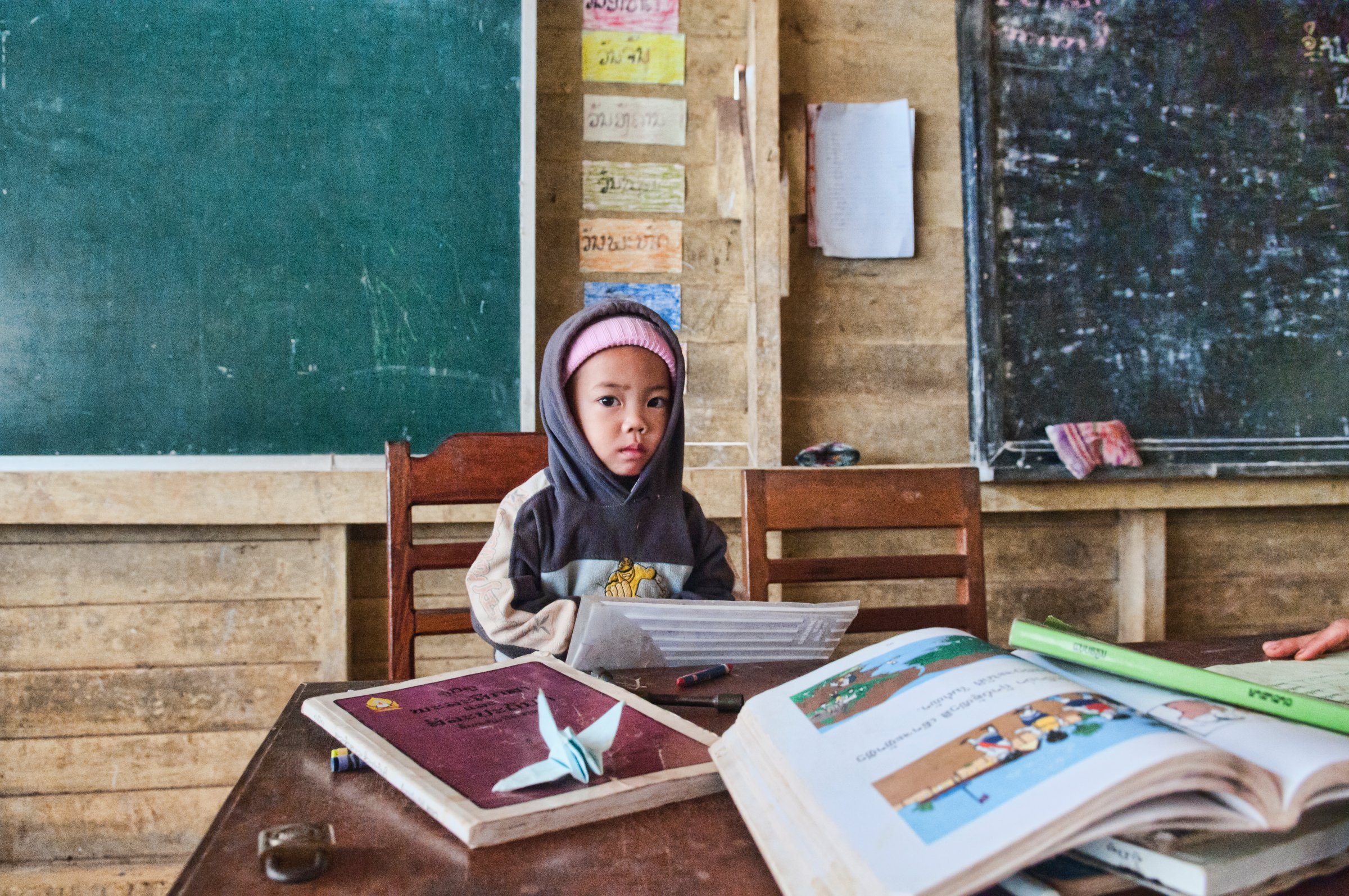
If the latest U.N. projections are right, there is a lot of catching up to do to meet the commitment of providing education for everyone by 2030, first adopted by world leaders last year.
At the current pace, universal completion of primary education isn’t expected to be reached until 2042, and it will take even longer — until 2084 — for every child in the world to have access to complete K-12 education, warns the latest Global Education Monitoring (GEM) Report from UNESCO, published on Monday. It states clearly that new approaches are needed for the world to get back on track.
“If we are serious about [the U.N.’s Sustainable Development Goal in education], we must act with a sense of heightened urgency, and with long-term commitment,” writes Irina Bokova, UNESCO’s director general.
The world’s richest regions are also lagging. The report says that even in Europe and North America, 1 in 10 countries may still be unable to achieve universal K-12 by 2030.
It also highlights the effects of war and conflict on education systems. The proportion of children who couldn’t attend school because of armed conflicts rose from 29% in 1999 to 35% in 2014, and children in conflict-affected regions or countries are shown to be likely to lag behind their peers when it comes to their education.
However, even if the outlook for meeting the 2030 target is bleak, the report suggests that even modest improvements in education will help countries meet other development goals.
Read the full report here.
More Must-Reads from TIME
- Donald Trump Is TIME's 2024 Person of the Year
- Why We Chose Trump as Person of the Year
- Is Intermittent Fasting Good or Bad for You?
- The 100 Must-Read Books of 2024
- The 20 Best Christmas TV Episodes
- Column: If Optimism Feels Ridiculous Now, Try Hope
- The Future of Climate Action Is Trade Policy
- Merle Bombardieri Is Helping People Make the Baby Decision
Contact us at letters@time.com